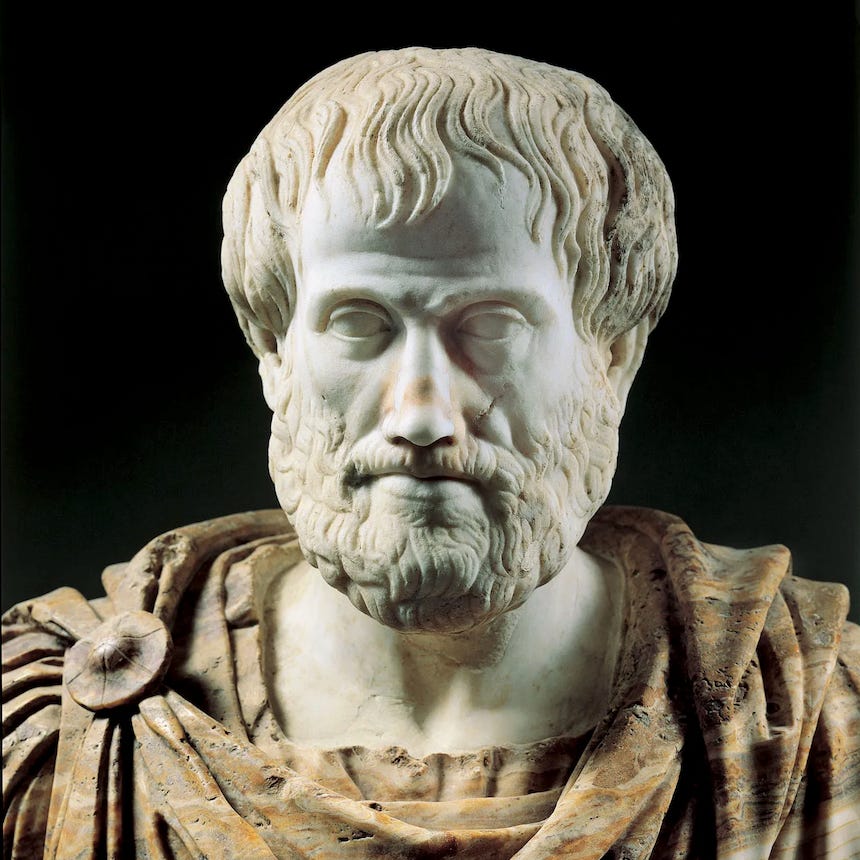
Before agency became a buzzword in the age of AI, it was a philosophical dilemma, a spiritual koan, and still today, a neuroscientific puzzle. The question of whether we truly have the power to choose freel…

Before agency became a buzzword in the age of AI, it was a philosophical dilemma, a spiritual koan, and still today, a neuroscientific puzzle. The question of whether we truly have the power to choose freel…